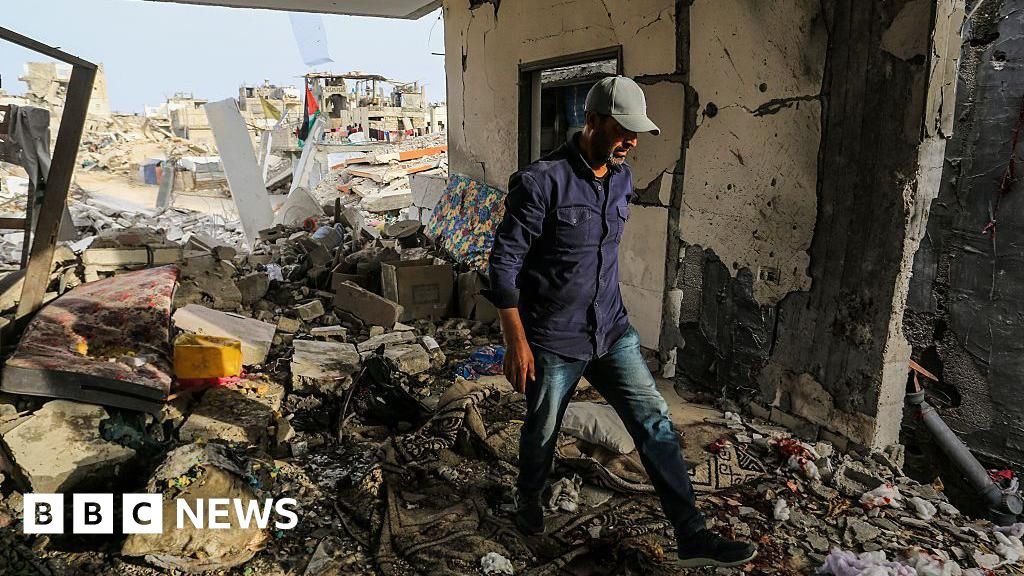SALT LAKE CITY — The University of Utah will soon be offering academic credit to returned missionaries, active duty military and veterans and other eligible students who have performed humanitarian service in their communities and beyond.
On Wednesday, the state’s flagship university announced it would award credit hours for “prior learning and service” — helping students save money while accelerating their path to graduation.
University of Utah students can receive up to 12 hours — the equivalent of one semester — “for what they have already learned and put into practice across the globe, recognizing the value of prior learning experiences as an invaluable benefit to the university’s campus community — and rewarding students for it,” according to the school’s announcement.
In a meeting Wednesday with the Deseret News Editorial Board, University of Utah President Taylor Randall said the school’s “Credit for Prior Learning and Service” initiative is grounded in the school’s commitment “to create a campus that will actually educate individuals based on the experiences they have. … We’re going to give you credit for experience.”
Students acquire much from these out-of-the-classroom experiences, added Randall. “They learn leadership skills. They learn intercultural skills.”
Mitzi Montoya, the university’s provost and senior vice president for academic affairs, said the school wants to be an institution that prioritizes experiential learning. The “Prior Learning and Service” credit opportunity leans into such impulses.

“We have a lot of students who come to us with prior experiences,” said Montoya. “So obviously a student who has gone on a mission has significant prior experience and learning that they can reflect on and earn up to 12 credits.”
Such credit-for-experience opportunities also exist for students with military service or experiences in, say, the Peace Corps or other humanitarian service, added Montoya.
The university’s “Prior Learning and Service” credit option will be rolled out for the fall 2025 semester. “But any student who’s currently with us can apply,” said Montoya.
How to receive credit for service
The “Prior Learning for Service” credits could be awarded in multiple forms — including general education credits or credits that apply specifically to a student’s degree.
“Currently, we give (up to) 16 hours for language — and that would be in addition to the 12 hours for prior service and experience,” said Randall.
Both current and incoming students can take advantage of the prior learning and service” credit opportunity, even if that experience occurred prior to 2025.
So who’s eligible for a potential award of up to a semester’s worth of credit?
The list is both broad and open:
- Students who served religious missions.
- Those who served or are active duty military.
- Peace Corps and AmeriCorps participants.
- Other forms of humanitarian and community service.
Academic credit, according to the university, will be awarded based on the type and duration of the student’s experience and will be determined on a case-by-case basis — up to the equivalent of one semester of credits.
Students will pay a $50 fee for each portfolio-based petition for prior learning credit assessments.
Students who served at least 181 cumulative days of U.S. active-duty military service and were honorably discharged or are currently on active duty will also be eligible to receive four lower-division credit hours of basic training.
According to the university, students may test out, be given credit for military training or demonstrate “sufficient knowledge of the course material gained through experience via portfolio-based assessment.”
Elder Clark G. Gilbert, a General Authority Seventy and the Commissioner of the Church Educational System of The Church of Jesus Christ of Latter-day Saints, notes missionary service offers students skills that will serve them well on the college campus — including key knowledge and relationship-building.
“Our young adults who serve missions come home more mature and capable and ready to continue investing and contributing to their communities,” said Elder Gilbert in the university release.
Accelerating the path to graduation will be one of the ancillary benefits of the “Prior Learning and Service” credit program, say university leaders.
“For example, a returned missionary might get 12 hours in, say, general education and then another 16 hours of credit in language. That’s almost a year of credit,” said Randall.
For many students, that could translate into thousands of dollars in tuition savings.
Ensuring a welcoming campus for Latter-day Saints
When asked Wednesday if the new “Prior Learning and Service” credit program aims to ensure that the University of Utah an attractive campus destination for Latter-day Saints, Randall offered a direct response: “Absolutely.”
“If you’re going to embed yourself in the community of Utah, you’re going to have to make sure that you take into account all students and their backgrounds,” he said.
That does not necessarily signal a need to change the campus culture, clarified Randall.
“I would just say we are leaning into a moment of reinvention. I’ve been on this campus for 20 years, and I think at least in the colleges that I participated in, we have been pretty good at bringing in this community.”
The Key Takeaways for this article were generated with the assistance of large language models and reviewed by our editorial team. The article, itself, is solely human-written.




